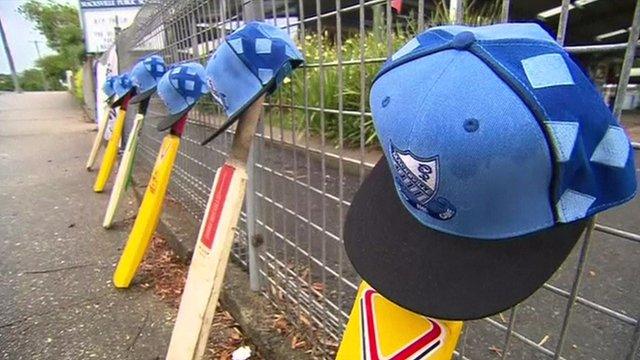Phillip Hughes inquest says death was 'inevitable' after hit
- Published
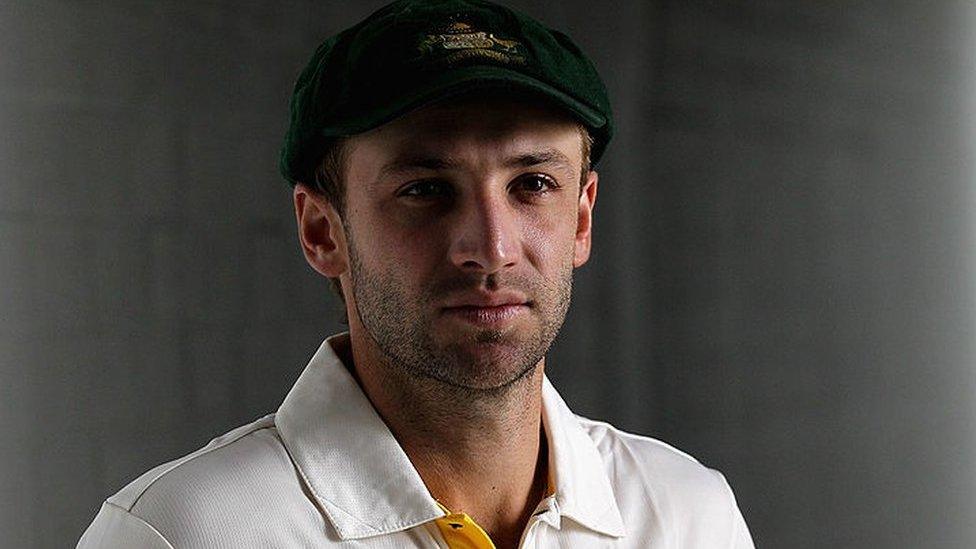
Tributes flowed from around the the world following the death of Phillip Hughes
The death of Australian cricketer Phillip Hughes was "inevitable" from the moment he was struck by a cricket ball, an inquest has heard.
The 25-year-old Test batsman was hit by a blow to the neck during a domestic match in Sydney on 25 November 2014.
He died two days later from a haemorrhage in the brain, spurring an unprecedented display of grief from Australia and around the world.
The five-day hearing is examining if his death was avoidable.
The inquest will address the speed of the emergency response and the nature of play on the day.
In her opening address, Kristina Stern SC said Hughes's death "appears to have been inevitable from the point of impact".
She said the opinion of neurosurgeon Dr Brian Owler was "that no intervention, no matter how early, could have prevented Phillip Hughes' death".
The inquest will hear from several players who were there on the day including Doug Bollinger, Brad Haddin and Dave Warner.
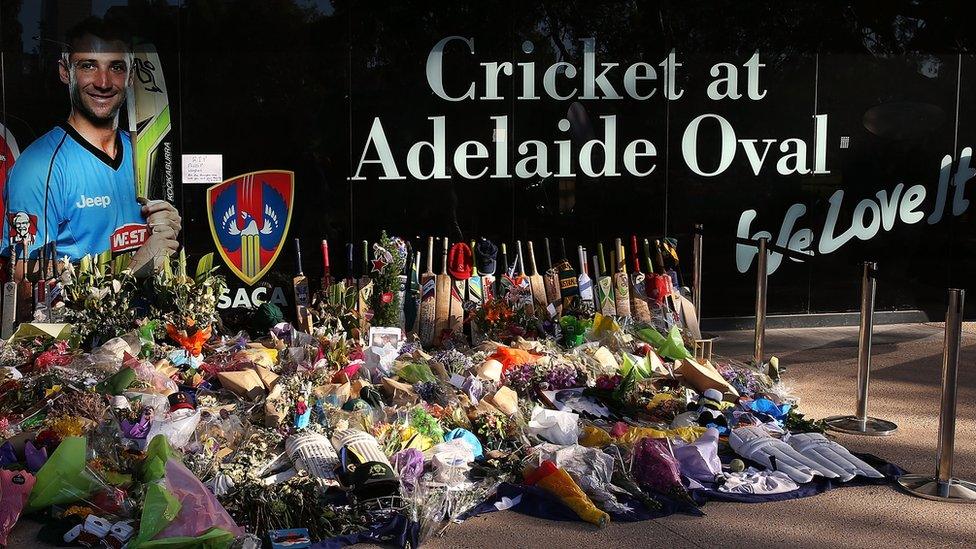
Tributes flowed from around the world following the death of Phillip Hughes
'Difficult week'
Before the inquest began, Hughes' former manager James Henderson spoke to the media on behalf of the family and asked the media to respect their privacy.
"They have not been looking forward to this week," he said, saying they hoped there a positive outcome to Hughes's death would emerge in the process.

Collapse at the crease

NSW State Coroner Michael Barnes said cricket carried an inherent risk, and the player's death was "completely unexpected and shocking".
"Quite clearly, the death was a terrible accident," Mr Barnes said.
"That does not mean cricket cannot be made safer."
A previous report, commissioned by Cricket Australia, said protective helmets should be compulsory for batsman facing fast and medium-paced bowling.
But it said helmets meeting the newest safety standards would not have saved Hughes' life.
- Published11 May 2016
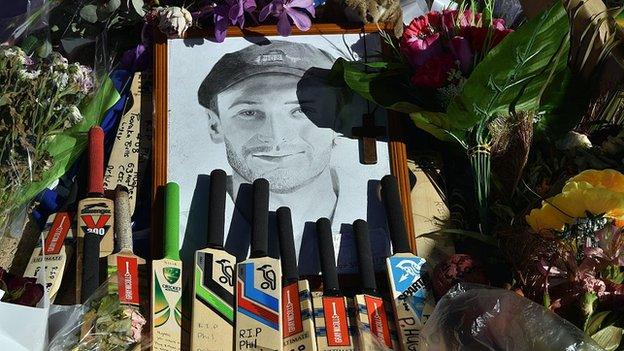
- Attribution
- Published11 February 2015
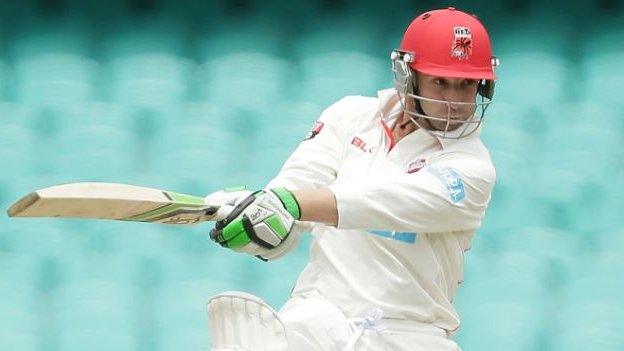
- Attribution
- Published25 November 2015
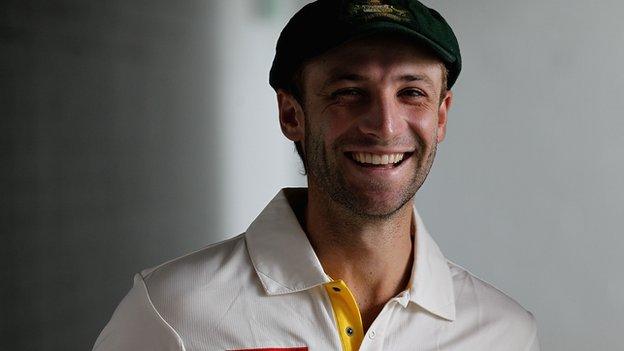
- Attribution
- Published29 November 2014
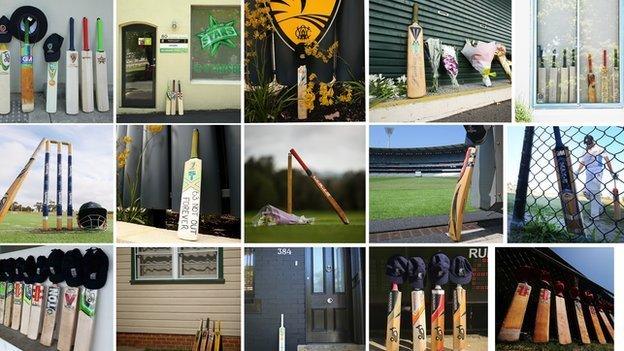
- Published28 November 2014
